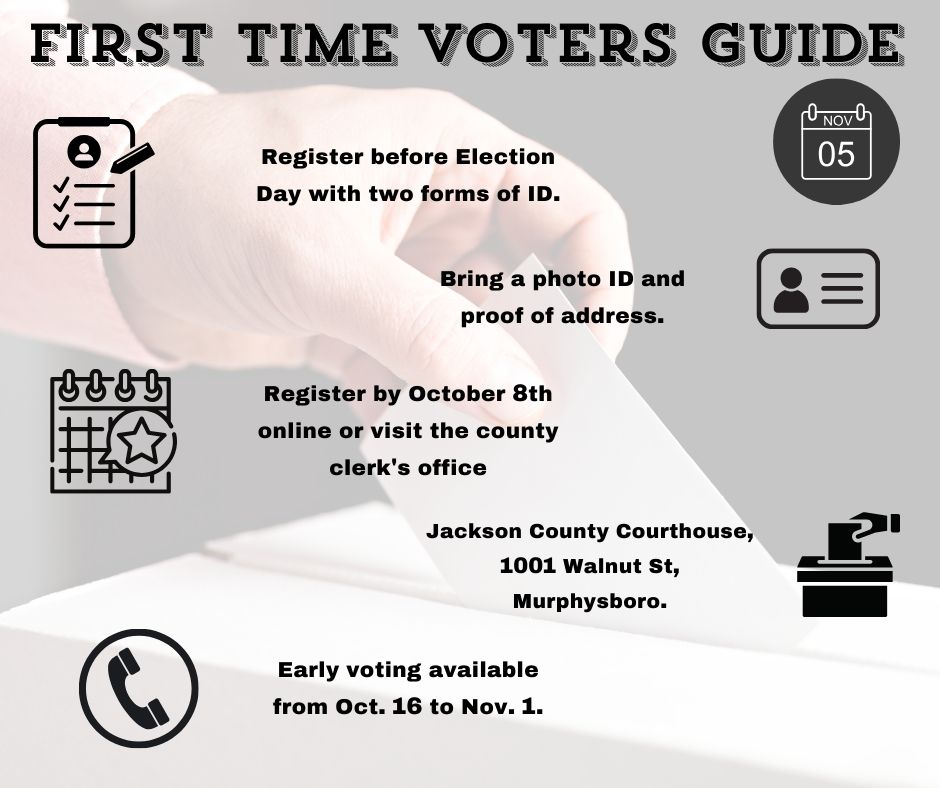Children’s shows basis for adult performance
April 23, 2014
A classic kids’ television series is the inspiration for an exploration of queer theory at the Kleinau Theater this weekend.
Queer and transgender activist Benny LeMaster, a doctoral candidate in communication studies from Long Beach, Calif., wrote and directed “The Wonderfully Terrible and Awfully Wacky World of the Jumbles.” LeMaster’s studies in intercultural communications as well as performance studies inspired the piece, he said.
“Many of my fellow queer and transgender activist friends have a hard time understanding the complex notions that inform queer theory,” LeMaster said. “This performance is my attempt at bridging my activist identity and my researcher identity.”
Advertisement
“Jumbles” juxtaposes large-scale ideas onto a small-scale setting, using the Kleinau’s stage and several characters to help audience members understand the foundations of queer theory, he said.
“The show is inspired by ‘Pee-Wee’s Playhouse,’” LeMaster said. “An academic in our field named R. Anthony Slagle wrote an early essay outlining a framework for queer theory. He used ‘Pee-Wee’s Playhouse’ to illustrate his points.”
LeMaster said the plot involves five kids named the Jumbles. Each Jumble takes a turn leading a game; each game the actors play is used to teach the audience about different scopes of queer theory. These ideas are explained through humor, dance, media, poetry, drag queens, crocheting and song, LeMaster said.
“The Jumbles play everything from save the princess to cops and robbers. All the while, the audience is taught about queer theory as well as other critical theories,” LeMaster said.
While Slagle’s writing focused on “Pee-Wee’s Playhouse,” LeMaster said his show spins off of programs such as “Barney and Friends,” “Teletubbies” and “Yo Gabba Gabba.”
“The reason for this choice is to promote public intellectualism as well as to promote using performance as a way to teach what we, as academics, know with those who do not have the privilege of a formal education,” LeMaster said.
Despite the playful setting, the dialogue deals with a mature theme, LeMaster said. In the end, the audience learns about the theoretical arguments driving contemporary queer theory, he said.
Advertisement*
“I hope that audience members leave the performance with a foundational understanding of complex theories of gender, race, and sexuality,” LeMaster said. “Additionally, my hope is that audience members will have new ways to think about and to consider gender, sex, and sexuality.”
Lindsay Greer, a graduate student in performance studies and doctoral candidate in communication studies from Clare, Mich., co-directs the performance.
“[The performance is] kind of like a demented kids show with very adult themes being discussed by characters who are children,” Greer said. “It’s an experiment in staging queer theory.”
Anthony Zarinana, a senior from Lake Zurich studying communication studies, plays Trad, who serves as a foil for the other children and represents why queer theory understanding is necessary.
“(Trad) carries the voice that exists in places, other than the stage, that is the constant presence of the traditional values and systems,” Zarinana said. “We need to acknowledge that there are these systems in place and this is why we have queer theory.”
While the show deals with complex theories, it’s infused with humor and fun, LeMaster said.
“The audience will not always know what the names of the theories are,” he said. “But they will know how we might use them in our everyday interactions.”
Advertisement








